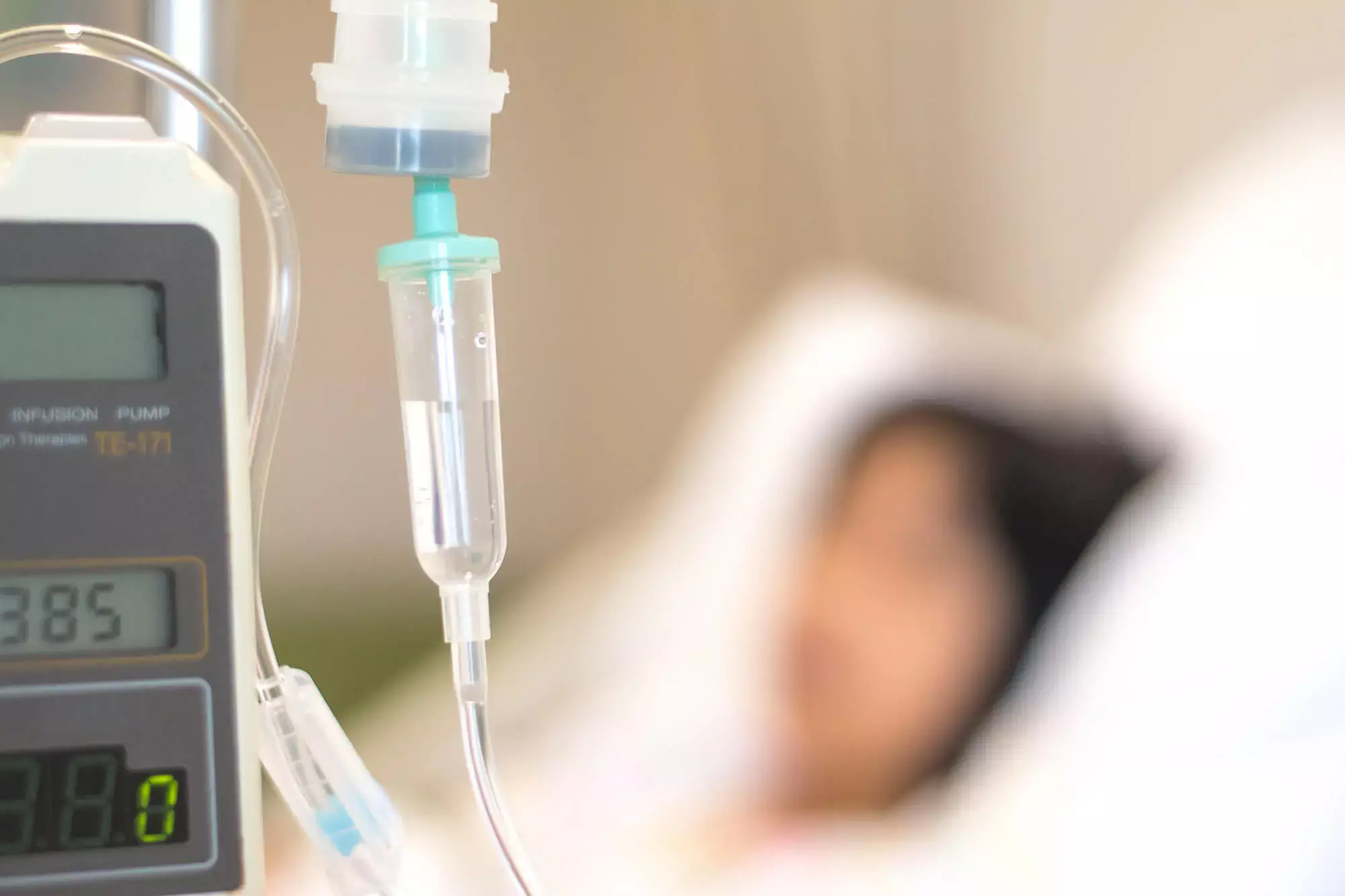- Home
- Medical news & Guidelines
- Anesthesiology
- Cardiology and CTVS
- Critical Care
- Dentistry
- Dermatology
- Diabetes and Endocrinology
- ENT
- Gastroenterology
- Medicine
- Nephrology
- Neurology
- Obstretics-Gynaecology
- Oncology
- Ophthalmology
- Orthopaedics
- Pediatrics-Neonatology
- Psychiatry
- Pulmonology
- Radiology
- Surgery
- Urology
- Laboratory Medicine
- Diet
- Nursing
- Paramedical
- Physiotherapy
- Health news
- Fact Check
- Bone Health Fact Check
- Brain Health Fact Check
- Cancer Related Fact Check
- Child Care Fact Check
- Dental and oral health fact check
- Diabetes and metabolic health fact check
- Diet and Nutrition Fact Check
- Eye and ENT Care Fact Check
- Fitness fact check
- Gut health fact check
- Heart health fact check
- Kidney health fact check
- Medical education fact check
- Men's health fact check
- Respiratory fact check
- Skin and hair care fact check
- Vaccine and Immunization fact check
- Women's health fact check
- AYUSH
- State News
- Andaman and Nicobar Islands
- Andhra Pradesh
- Arunachal Pradesh
- Assam
- Bihar
- Chandigarh
- Chattisgarh
- Dadra and Nagar Haveli
- Daman and Diu
- Delhi
- Goa
- Gujarat
- Haryana
- Himachal Pradesh
- Jammu & Kashmir
- Jharkhand
- Karnataka
- Kerala
- Ladakh
- Lakshadweep
- Madhya Pradesh
- Maharashtra
- Manipur
- Meghalaya
- Mizoram
- Nagaland
- Odisha
- Puducherry
- Punjab
- Rajasthan
- Sikkim
- Tamil Nadu
- Telangana
- Tripura
- Uttar Pradesh
- Uttrakhand
- West Bengal
- Medical Education
- Industry
Corticosteroids Improve Survival rate after Cardiac Surgery among Patients Under 65 Years, suggests research

A recent meta-analysis published in the Journal of Cardiothoracic and Vascular Anesthesia illuminated the potential life-saving benefits of corticosteroids in cardiac surgery patients younger than 65. This comprehensive study reviewed data from 17 randomized trials and encompassed a total of 6,598 patients which indicated that corticosteroids could reduce mortality rates among this demographic.
Cardiac surgeries which involve cardiopulmonary bypass (CPB) are often complicated by the development of a systemic inflammatory response syndrome (SIRS). This inflammatory response can contribute to postoperative morbidity and mortality. While corticosteroids can reduce inflammation, their overall impact, has been unclear and possibly age-dependent after considering potential harm versus benefit.
The systemic review by Rosario Losiggio and team focused on the cardiac surgeries performed with CPB. This included patients younger than 65 years old involving both pediatric and non-elderly adult populations. The primary intervention measured was the perioperative use of corticosteroids when compared to placebo or standard care.
This study utilized data from PubMed, EMBASE and the Cochrane Library after covering literature from their inception until January 20, 2024. The primary outcome evaluated mortality that was at the longest follow-up available. The secondary outcomes included acute kidney injury, atrial fibrillation, myocardial injury, cerebrovascular events and infections.
The results of the meta-analysis found that the use of corticosteroids significantly reduced the mortality. Also, the corticosteroid group had a mortality rate of 2.3% (78 out of 3,321 patients) when compared to 3.5% (116 out of 3,277 patients) in the control group. This translated to a risk ratio of 0.69 that indicating a 31% reduction in the risk of death for the patients who were receiving corticosteroids. The analysis revealed no heterogeneity among the studies analyzed (I2=0%) by highlighting the consistency of these findings across different trials.
In addition to reducing mortality, the corticosteroid group also showed a lower highest postoperative vasoactive inotropic score (VIS). This score measured the amount of support that was needed to maintain heart function and this was notably lower in patients treated with corticosteroids.
The study found no significant differences in secondary outcomes between the corticosteroid and control groups, including acute kidney injury, atrial fibrillation, myocardial injury, cerebrovascular events and infections. This suggests that while corticosteroids significantly improve survival rates, they do not substantially impact other common postoperative complications. Overall, these findings suggest that the perioperative use of corticosteroids could be beneficial in reducing mortality without increasing the risk of other serious postoperative complications in these patients.
Reference:
Losiggio, R., Lomivorotov, V., Ursoleo, J. D., Kotani, Y., Monaco, F., Milojevic, M., Yavorovskiy, A., Lee, T. C., Landoni, G., Prof., Oriani, A., Prima, A. L. D., Mucchetti, M., Ortalda, A., Calabrò, M. G., & Zangrillo, A. (2024). The effect of corticosteroids on survival in pediatric and non-elderly adult patients undergoing cardiac surgery: a meta-analysis of randomized studies. In Journal of Cardiothoracic and Vascular Anesthesia. Elsevier BV. https://doi.org/10.1053/j.jvca.2024.07.001
Neuroscience Masters graduate
Jacinthlyn Sylvia, a Neuroscience Master's graduate from Chennai has worked extensively in deciphering the neurobiology of cognition and motor control in aging. She also has spread-out exposure to Neurosurgery from her Bachelor’s. She is currently involved in active Neuro-Oncology research. She is an upcoming neuroscientist with a fiery passion for writing. Her news cover at Medical Dialogues feature recent discoveries and updates from the healthcare and biomedical research fields. She can be reached at editorial@medicaldialogues.in
Dr Kamal Kant Kohli-MBBS, DTCD- a chest specialist with more than 30 years of practice and a flair for writing clinical articles, Dr Kamal Kant Kohli joined Medical Dialogues as a Chief Editor of Medical News. Besides writing articles, as an editor, he proofreads and verifies all the medical content published on Medical Dialogues including those coming from journals, studies,medical conferences,guidelines etc. Email: drkohli@medicaldialogues.in. Contact no. 011-43720751


